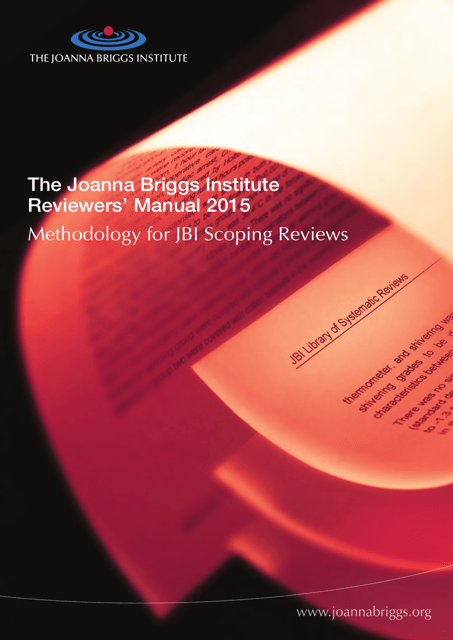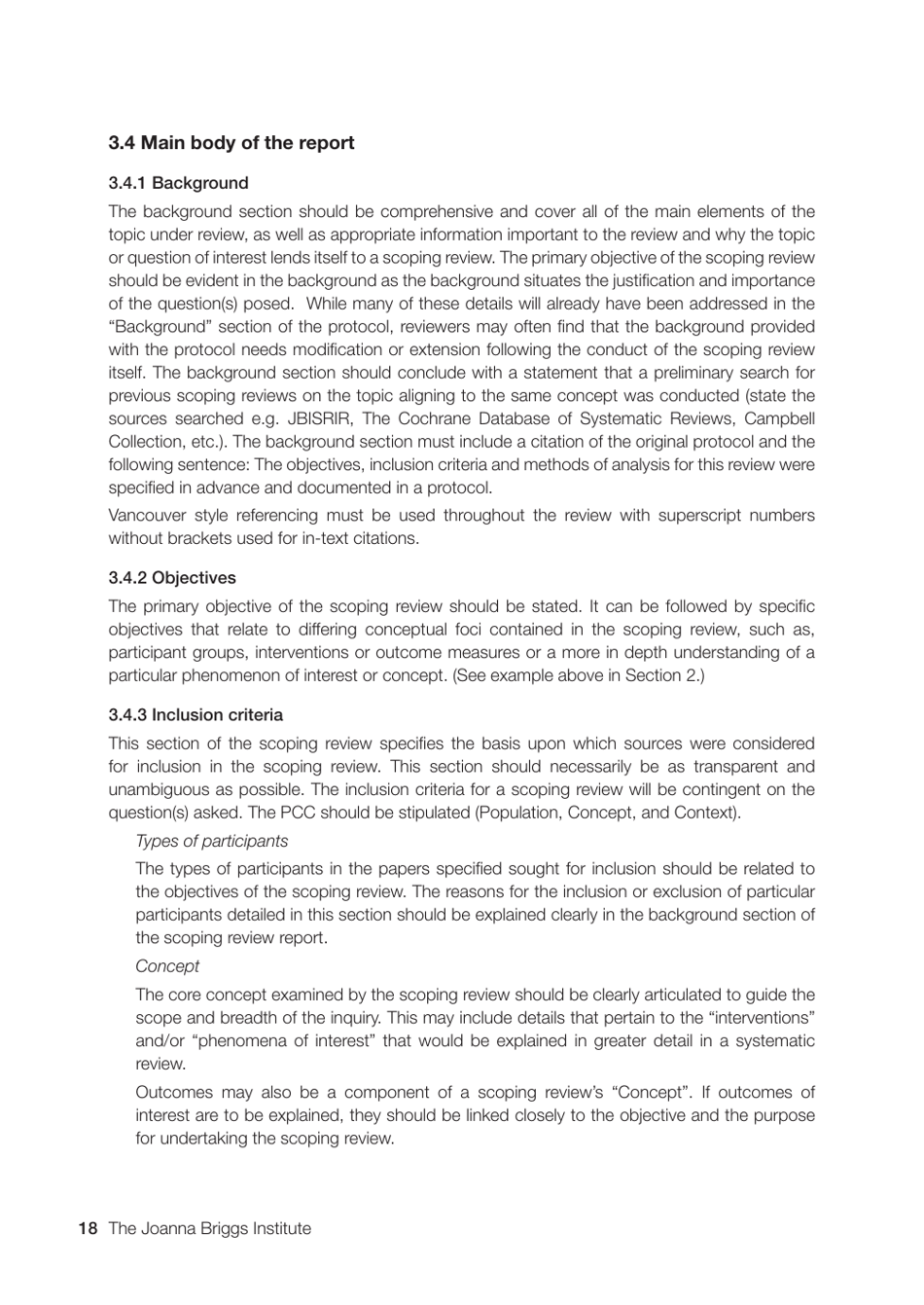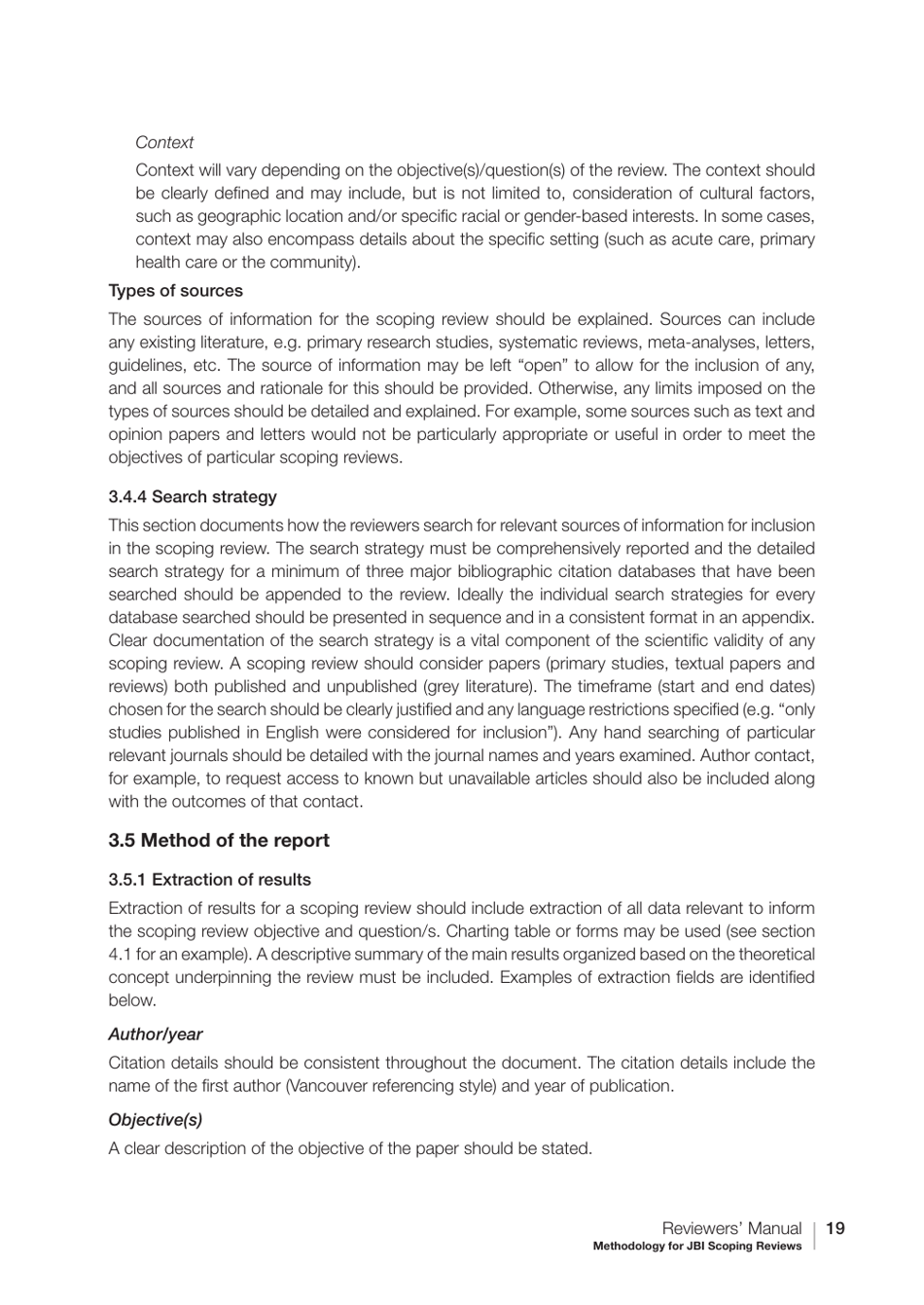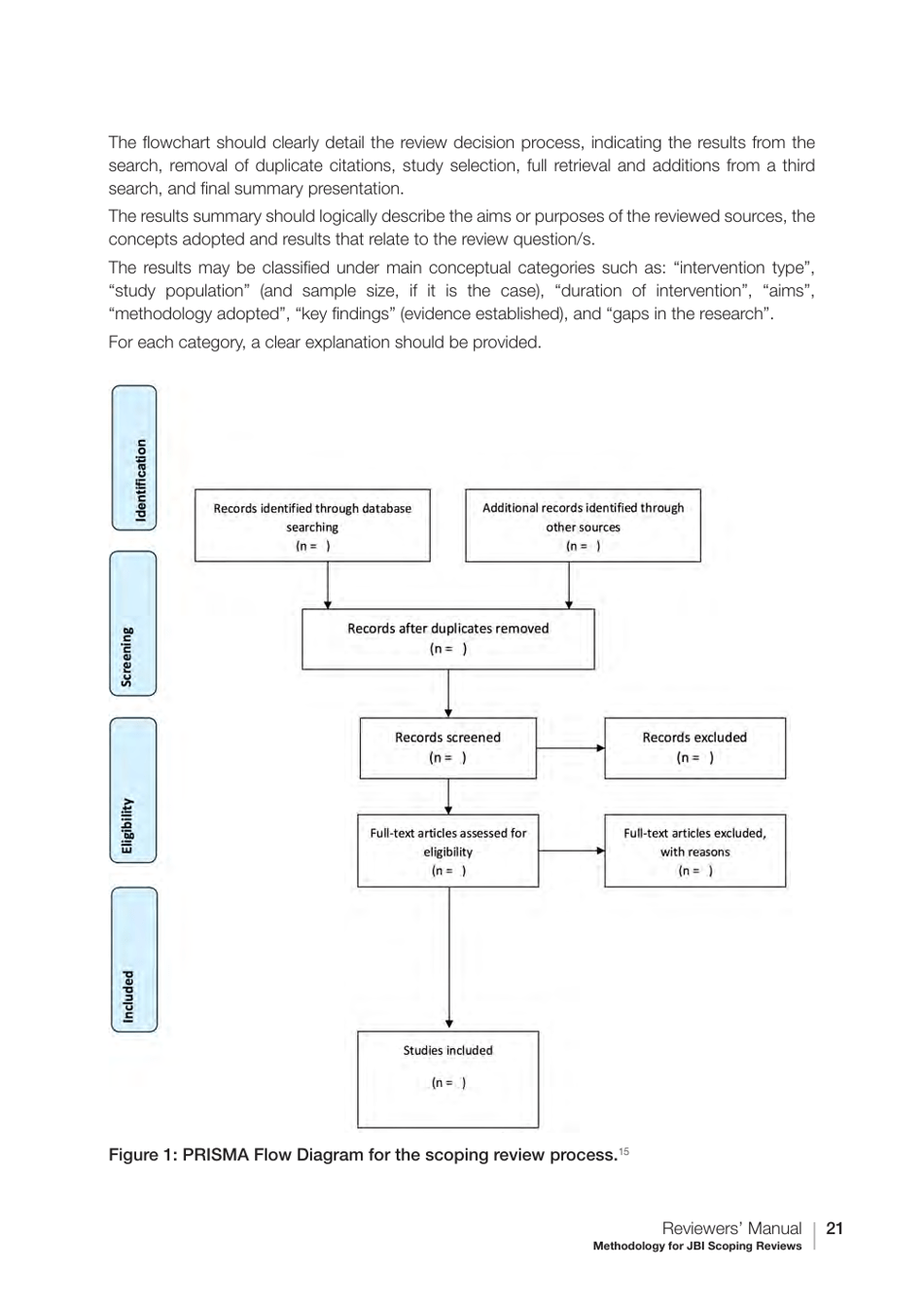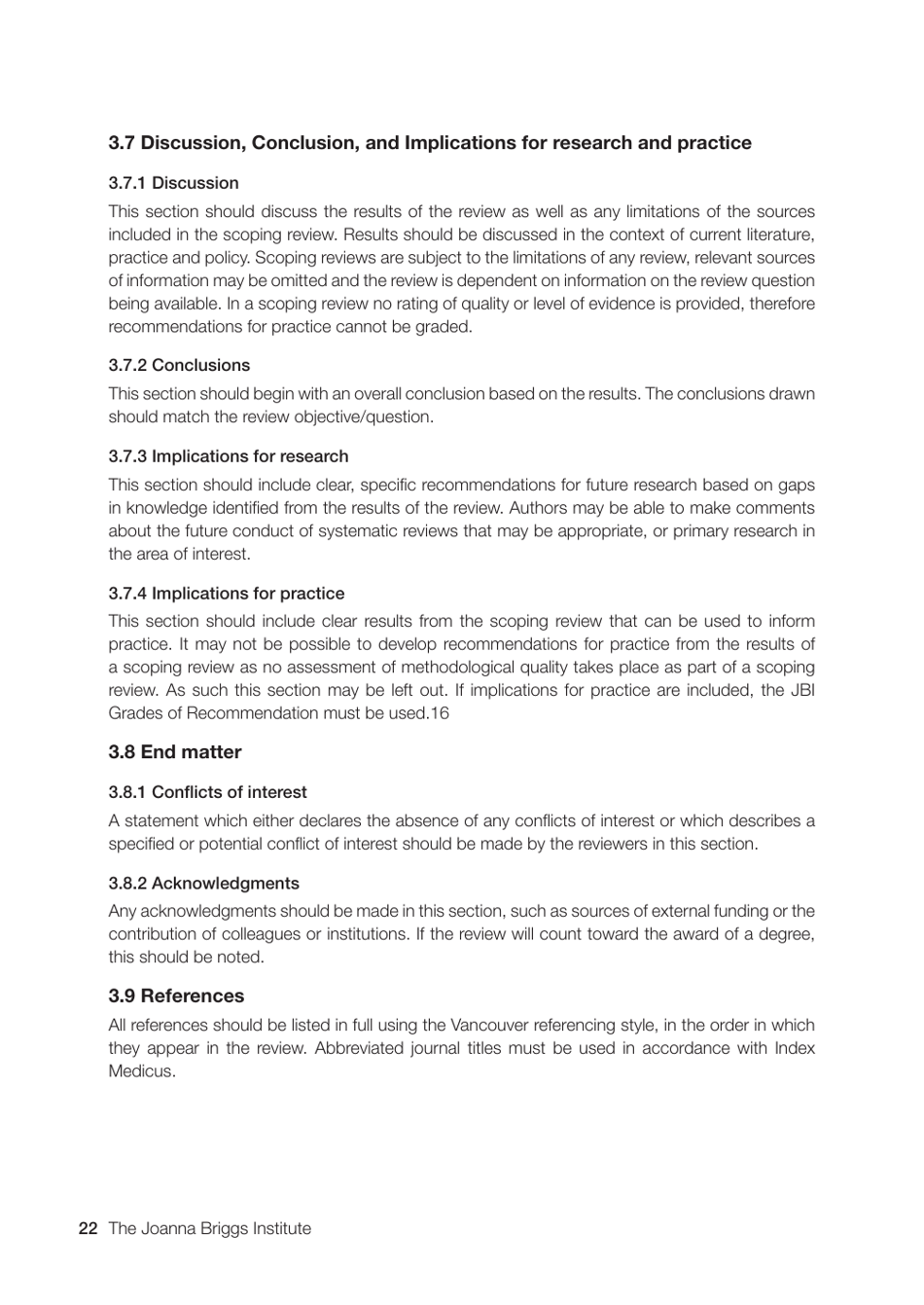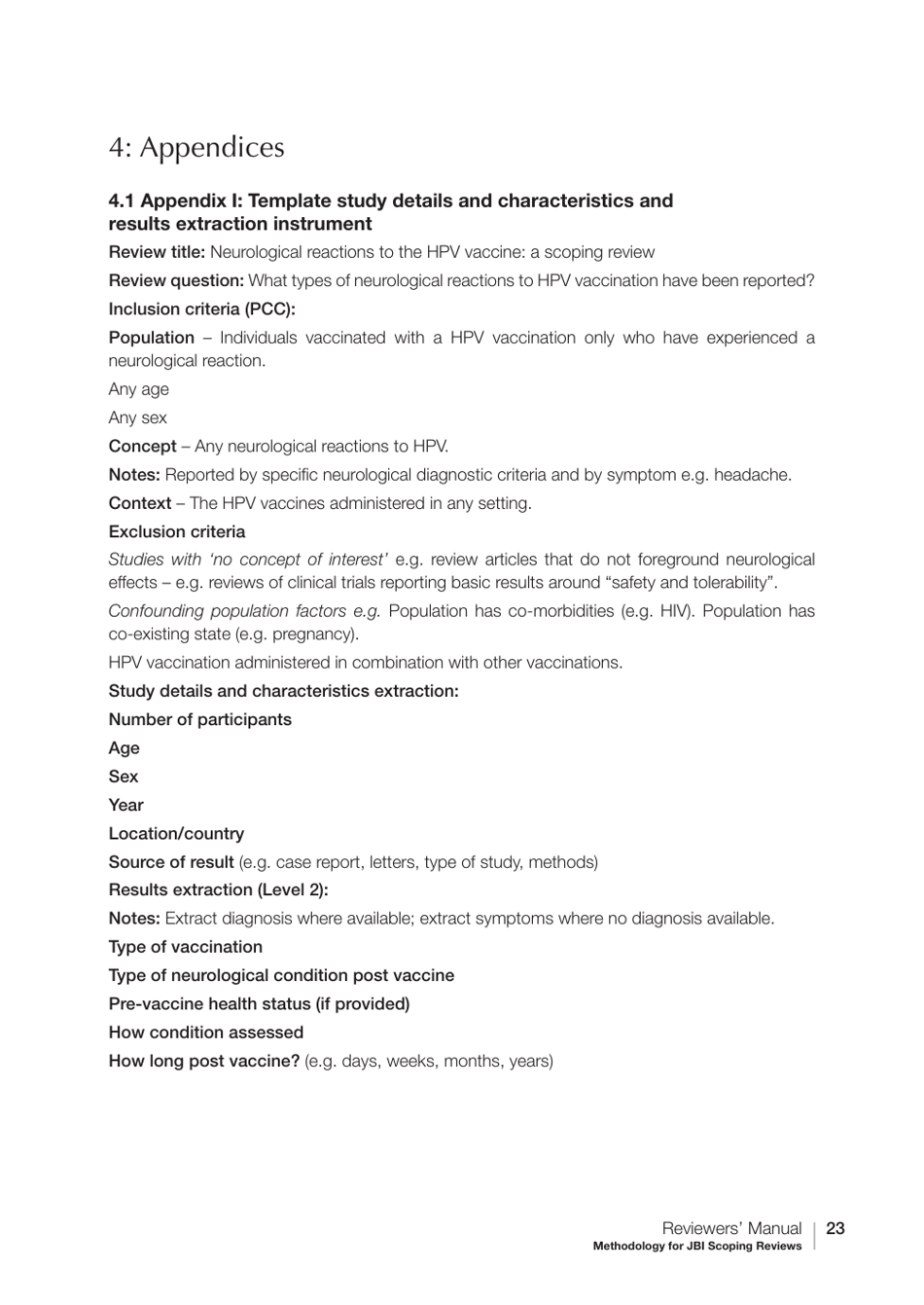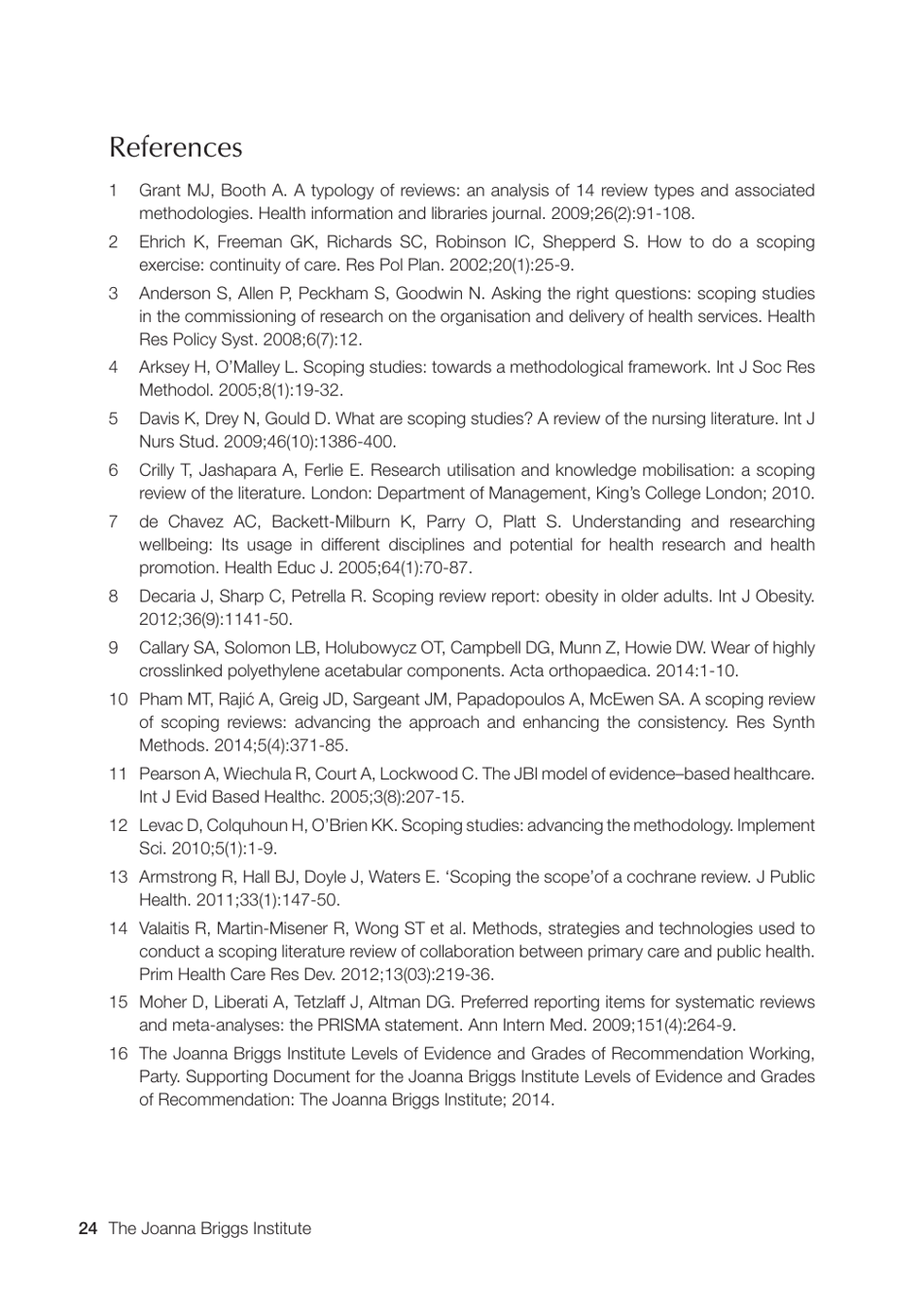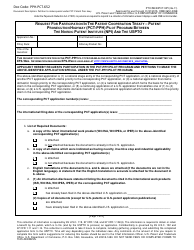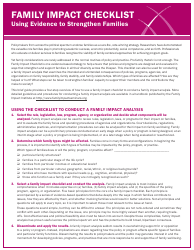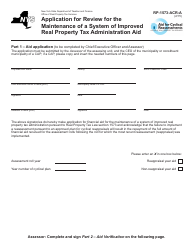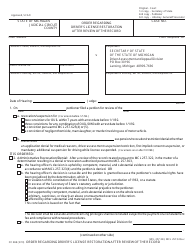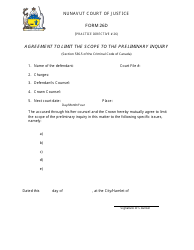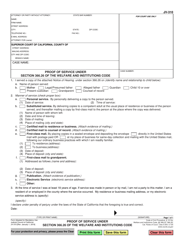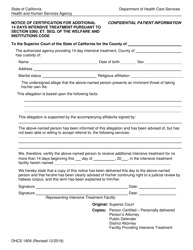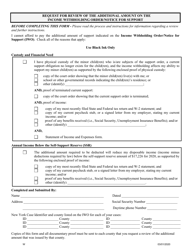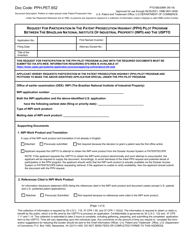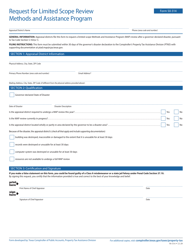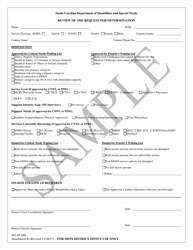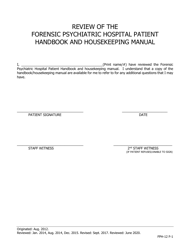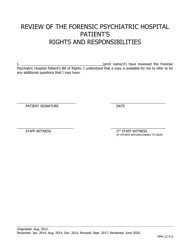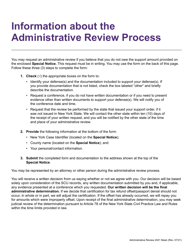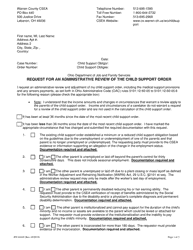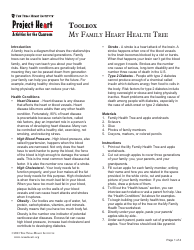Methodology for Jbi Scoping Reviews - the Joanna Briggs Institute
The methodology for JBI Scoping Reviews is a systematic approach used by the Joanna Briggs Institute to gather and assess evidence on a specific topic or research question. Scoping reviews aim to identify the breadth of evidence available and provide an overview of the existing literature on a given subject. They help researchers understand the extent and nature of research in a particular area before conducting more focused studies.
The Joanna Briggs Institute files the methodology for JBI scoping reviews.
FAQ
Q: What is the methodology for JBI Scoping Reviews?
A: The methodology for JBI Scoping Reviews follows a specific process outlined by the Joanna Briggs Institute.
Q: What is the Joanna Briggs Institute?
A: The Joanna Briggs Institute is an international research organization that specializes in evidence-based healthcare.
Q: What is a JBI Scoping Review?
A: A JBI Scoping Review is a type of literature review that aims to map the available evidence on a specific topic.
Q: What is the purpose of a JBI Scoping Review?
A: The purpose of a JBI Scoping Review is to identify gaps in the existing literature and inform future research.
Q: How is a JBI Scoping Review conducted?
A: A JBI Scoping Review is conducted by systematically searching, selecting, and analyzing relevant studies on a particular topic.
Q: What are the key steps in a JBI Scoping Review?
A: The key steps in a JBI Scoping Review include defining the research question, searching for relevant studies, selecting studies for inclusion, extracting data from the selected studies, and summarizing the findings.
Q: Who can benefit from a JBI Scoping Review?
A: Researchers, policymakers, and healthcare professionals can benefit from the findings of a JBI Scoping Review.
Q: Are JBI Scoping Reviews peer-reviewed?
A: Yes, JBI Scoping Reviews go through a peer-review process to ensure the quality and validity of the review.
Q: Can JBI Scoping Reviews be used to guide clinical practice?
A: Yes, the findings of JBI Scoping Reviews can be used to inform clinical practice and decision-making.
